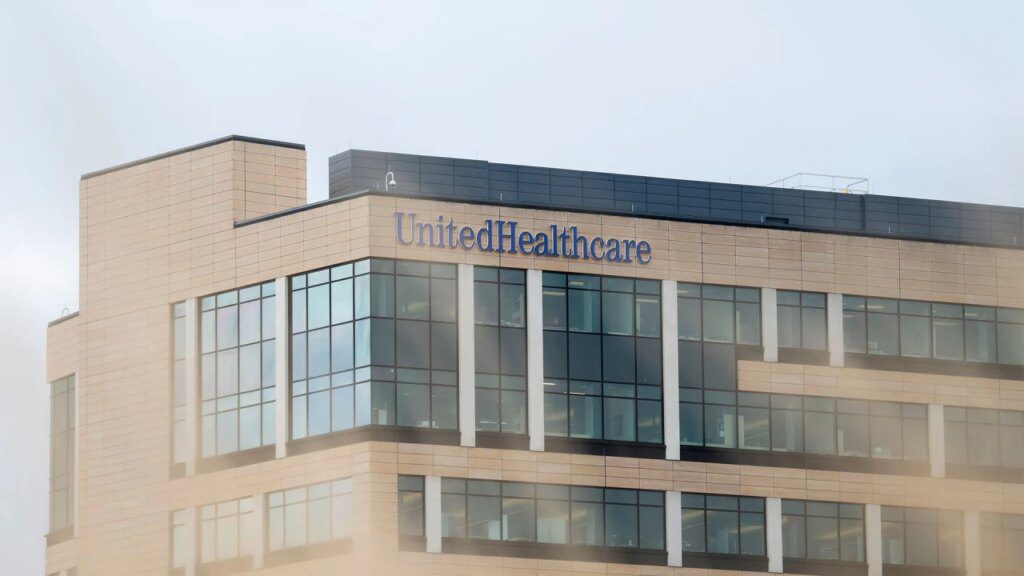This week, after the murder of United Healthcare CEO Brian Thompson, our social media feeds, along with articles on countless news outlets, have been filled with opinions about the state of healthcare in the U.S. On Friday, an unlikely individual, Andrew Witty, CEO of UnitedHealth Group, parent company of United Healthcare, joined the conversation by way of a New York Times op-ed.
“We know the health system does not work as well as it should,” Witty admitted. “No one would design a system like the one we have. And no one did. It’s a patchwork built over decades. Our mission is to help make it work better.”
While at times, Witty seemed sympathetic to the American people’s pain, aggravation, and for some, sense of hopelessness, he also pressed that the system is “filled with people who try to do their best” for the country. He called slain CEO Brian Thompson “one of those people” and asserted that the legacy he leaves behind is an admirable one.
Not everyone agreed with the assertion that Thompson was a decent individual, or, especially, that healthcare companies are truthfully striving to do better. It’s unsurprising, given that this week, the public has expressed an outpouring of admiration, even sympathy, for the suspected murderer. Countless devastating stories were being shared about claims for urgent care having been denied and the pain, suffering, and even death due to the negligence of healthcare companies—suggesting that some Americans see healthcare higher-ups, as opposed to the alleged shooter, as the far more culpable enemy.
The reaction to the op-ed was swift and brimming with emotion. While some came to the comments to criticize those who are defending an alleged murderer, many criticized healthcare companies as being purely profit-driven. Some shared challenging personal experiences with United Healthcare, in fact. “When I had UHC and my then-husband needed spinal surgery, UHC deemed most of it medically unnecessary and socked us with a $300k bill as our share,” one commenter wrote. “It took me two years to fight it but finally got it reduced to our out-of-pocket limit at that time. But not everyone has the strength or ability to fight.”
Healthcare professions also responded to the piece by sharing their professional experiences dealing with United Healthcare—and maintaining that its policies are some of the most unethical in the industry. “As an outpatient M.D., I can tell you that I know why United was the MOST profitable of all the healthcare companies—because it denied the most,” wrote another commenter. “United made me get authorization for cheap medications like ACE inhibitors, and tests like Ultrasounds. No other major insurer did that.”
After thousands of people posted, lashing out at the author for his “hollow” and “tone-deaf” view, the NYT ultimately closed the comments.
Earlier this week, photos and IDs of at least two other healthcare CEOs were put on “wanted posters” and hung up around New York City—with images of the posters circulating widely online. Not surprisingly, there has also been a surge in threats toward healthcare employees and “hit lists” making the rounds on social media. As a precaution, several healthcare companies have removed images of their CEOs from company websites.


